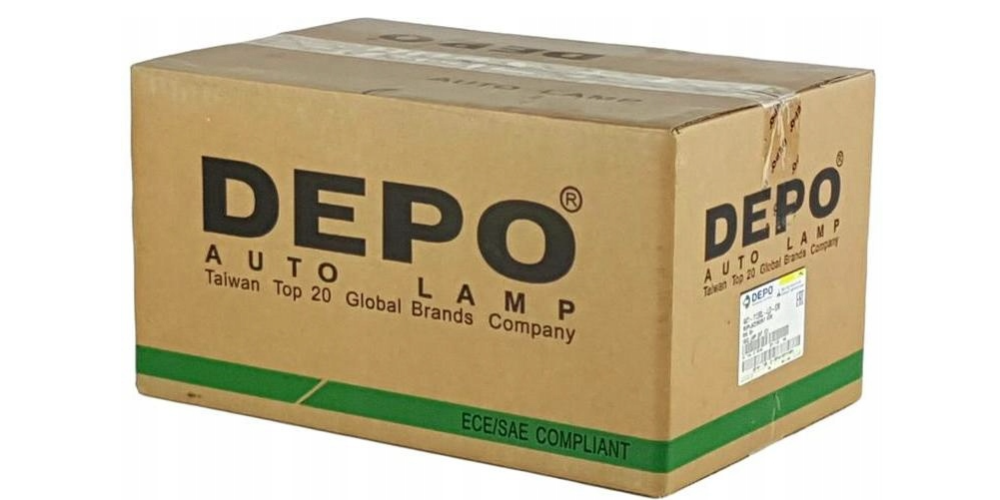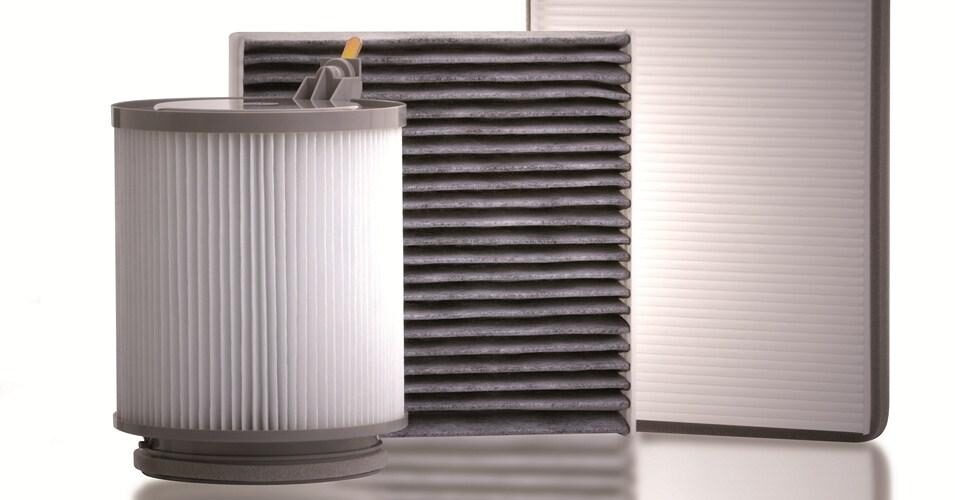5 steps for a safe check-up of brakes

First step: the general check
If you do not hear vibrations or suspicious noises, which lead you to run to the mechanic, you can have your braking system checked every 15,000 / 20,000 Km to avoid the risk of suddenly finding yourself in dangerous conditions.
The tire change is the ideal time to have your car checked and to check that the brake system is also in excellent conditions. And to intervene promptly in case there was some parts to be replaced.
During the winter, your car and its components are severely tested by snow, ice, rain, salt and cold.

Second step: the pads
The brake pads are in good condition until they reach what is called the minimum thickness in jargon, that is the minimum thickness beyond which they will no longer be able to perform their task correctly.
Brake pads are normally equipped with a wear indicator that indicates when to replace. Depending on the type of braking system adopted, it is possible to have an electrical or acoustic wear indicator.
The Brembo brake pads guarantee a very small braking distance and excellent driving comfort, thanks to the Brembo multi-layer ESE shim (Elastomer – Steel – Elastomer) which minimizes noise and vibrations.

Third step: the discs
Even the brake discs must be replaced when they reach their minimum thickness.
Measurements should be taken with a gauge in at least 4 different points of the disc. The lowest value should be used as reference for the entire disc. This value should be compared with the number etched on the disc and indicated with “MIN TH”. If the measurement taken shows values below the MIN TH, the disc must be replaced.
Most importantly, it should be noted that discs must be replaced on both sides even if only one of the pair proves to be below the minimum wear level. Brembo brake discs are painted with UV technology, very resistant to corrosion and with reduced environmental impact, without forgetting the pleasant aesthetic effect. And for true enthusiasts, the Xtra and Max discs are brilliant in every braking situation.
The holes and grooves combine the attractive aesthetic look with brilliant and efficient performance in any braking conditions.

Fourth step: the brake fluid
Brake fluid is essential for the whole system to be well lubricated. Its presence ensures correct braking distance and protects you from any dangers. On the contrary, if the fluid is low and exhausted it could generate the feared vapor lock, that is, the dangerous overheating of the system with the consequent impossibility of braking in an adequate space. The car would slip with serious consequences for you, the other cars and any pedestrians. Brembo Premium brake fluids have reduced viscosity and high boiling point, thus offering superior resistance to the vapor lock and ensuring braking efficiency even at low temperatures. With high anti-corrosion properties and resistance to oxidation, Brembo brake fluid also allows for long-term unaltered chemical/physical characteristics of the fluid in operating circuit; therefore, preserving its integrity.

Fifth step: the calipers
The calipers, unlike the other components of the brake system, do not damage or break due to friction, but due to normal wear or accidental causes. If you live where the weather conditions are very harsh, the life expectancy of the calipers is lowering: snow, frost, salt and chemical agents act, in fact, negatively on them.
Brembo remanufactured calipers are designed to offer you maximum performance in all driving conditions and, thanks to their robustness, exceptional durability. Designed to provide the same performances of new brake calipers, the Brembo remanufactured calipers respect the environment. The remanufacturing process includes three different phases. After undergoing an inspection, the calipers are marked with an incision to indicate the regeneration, so that they are not subjected to future remanufacturing. They are supplied ready for assembly.
RELATED POST









